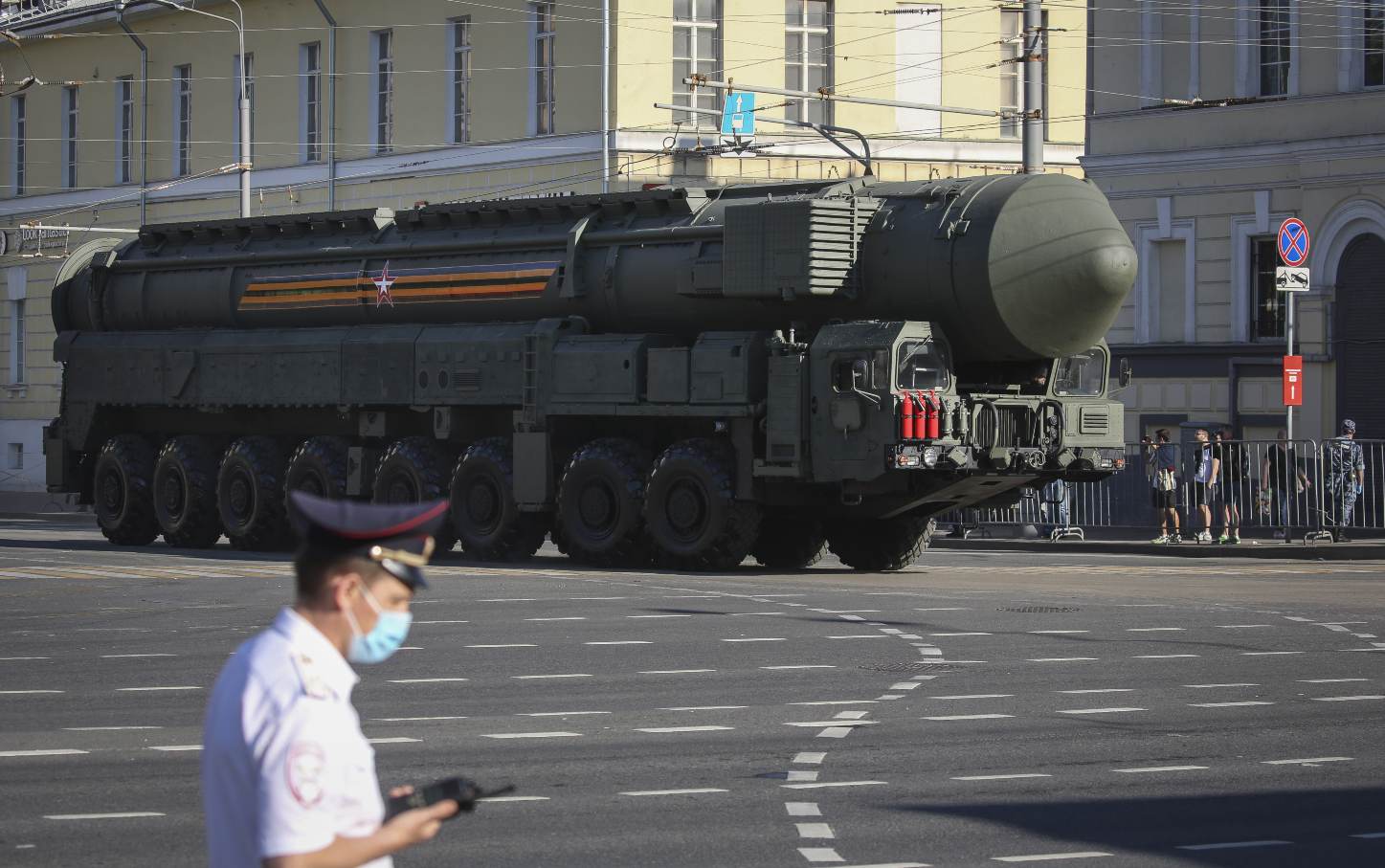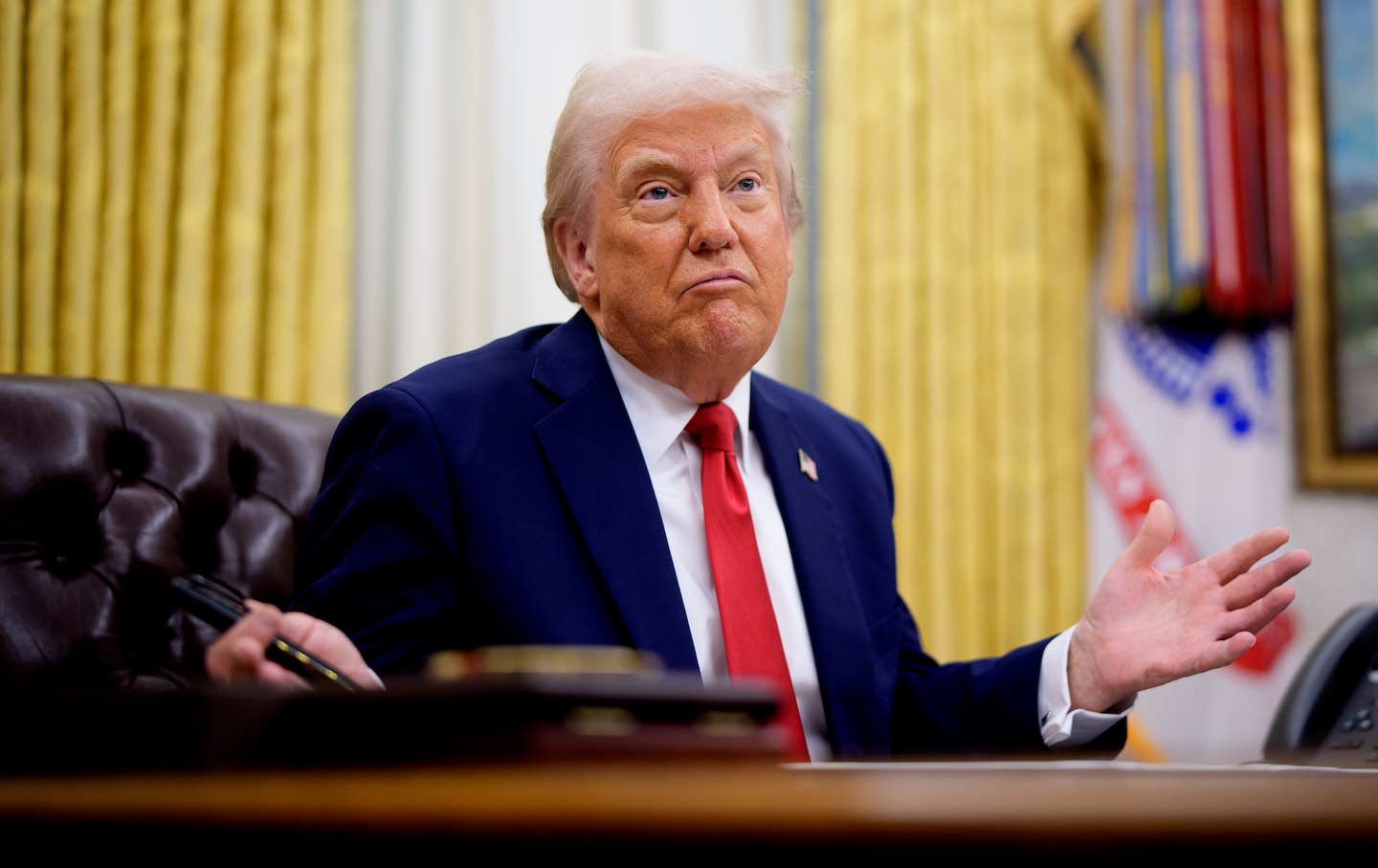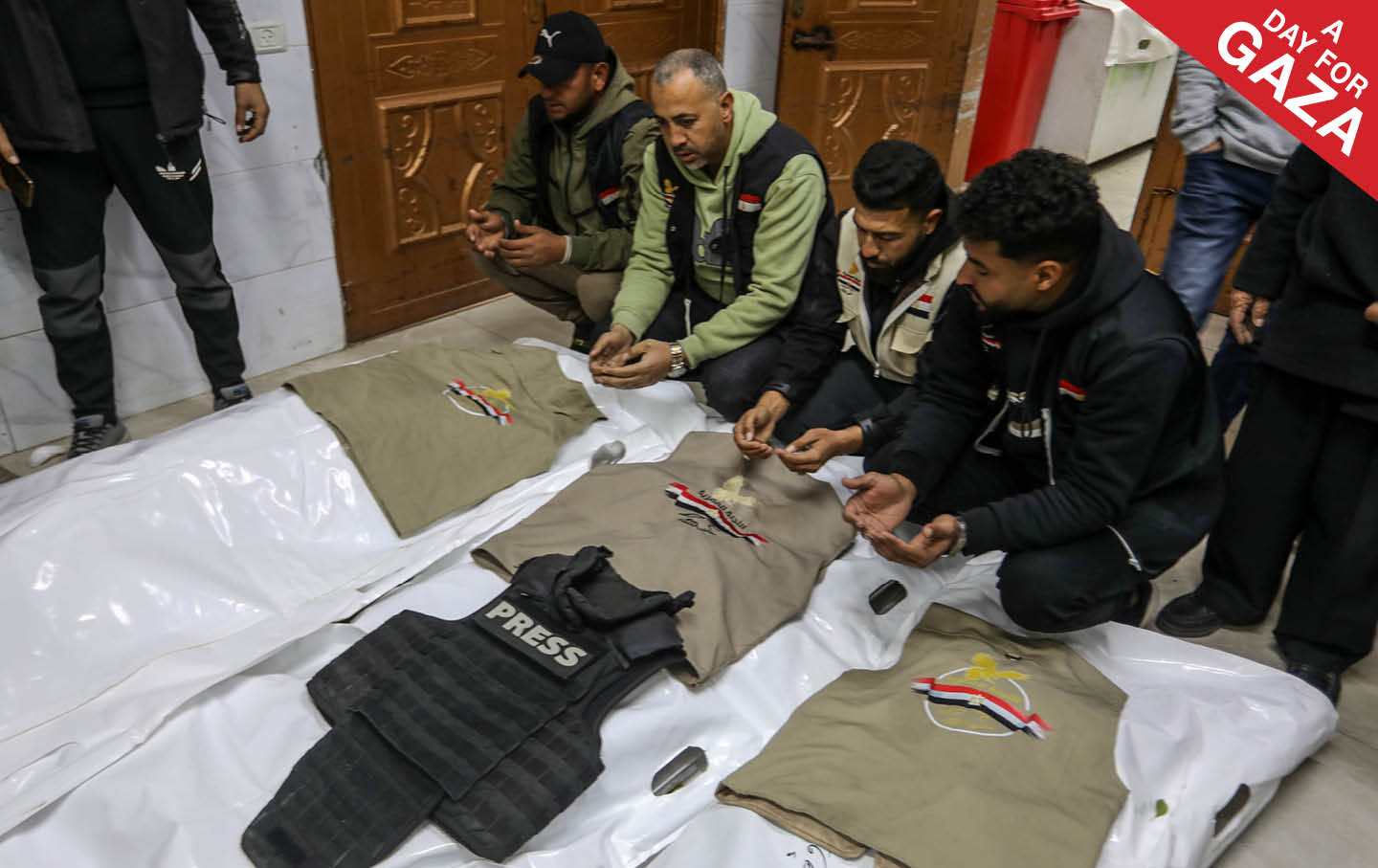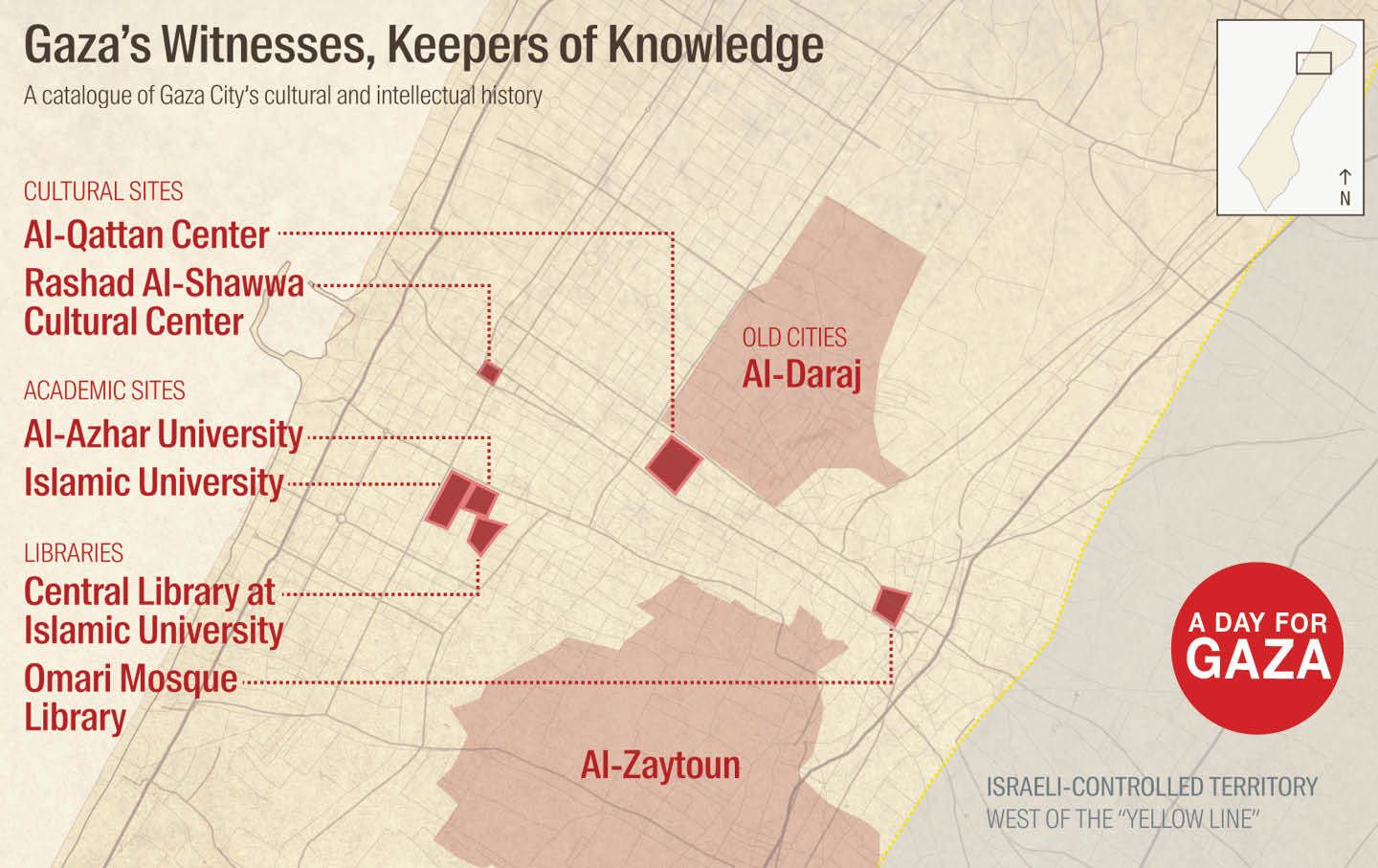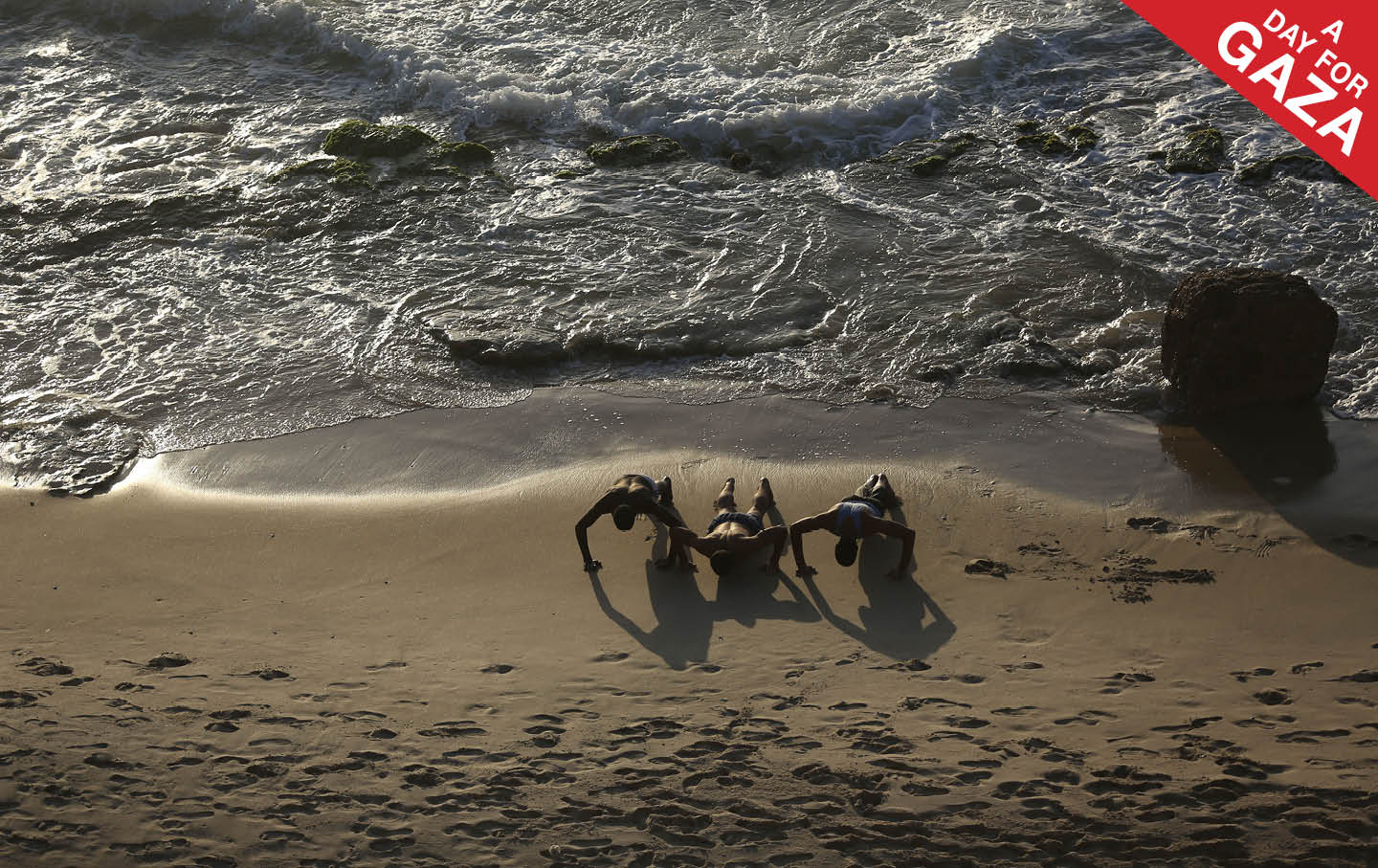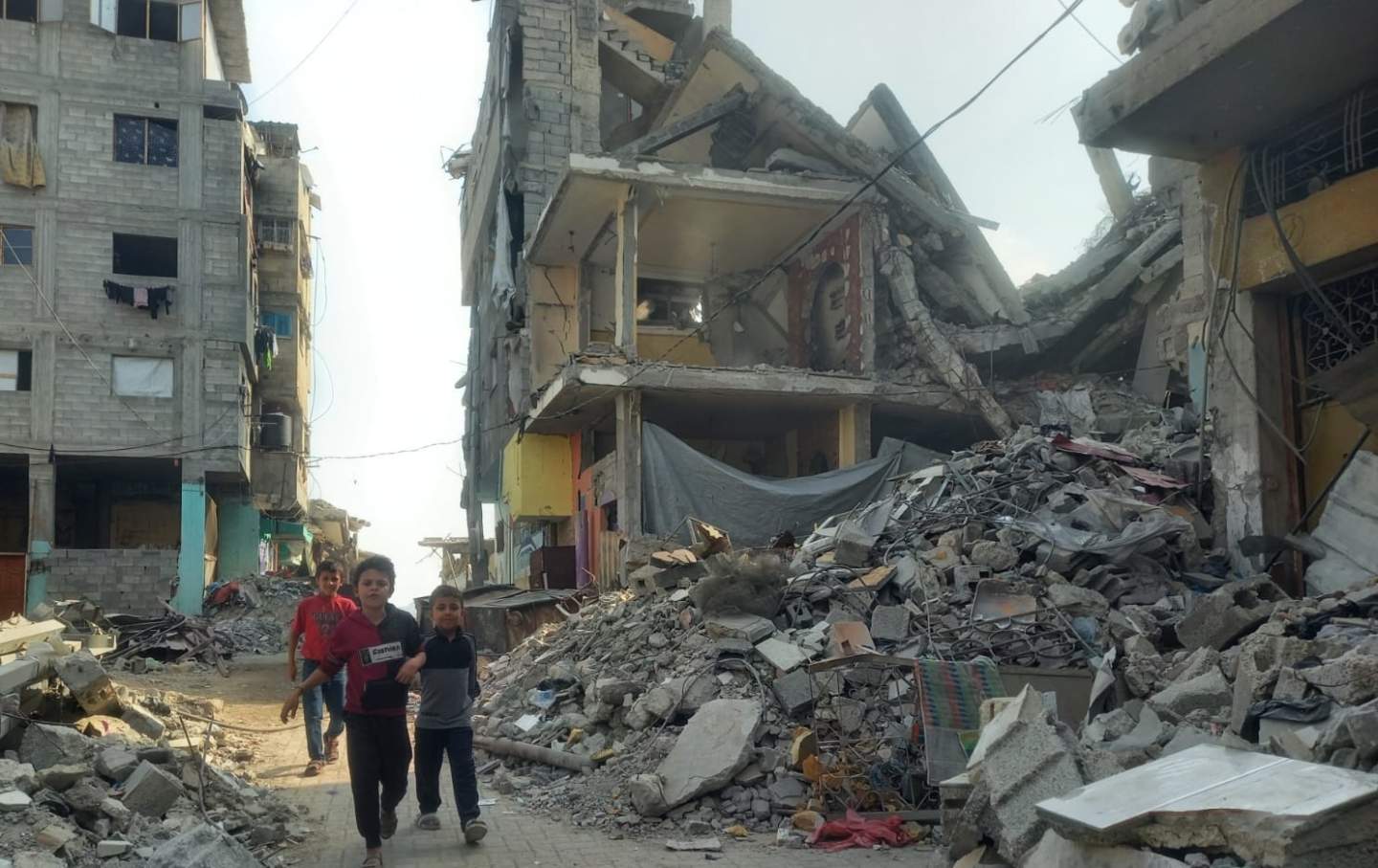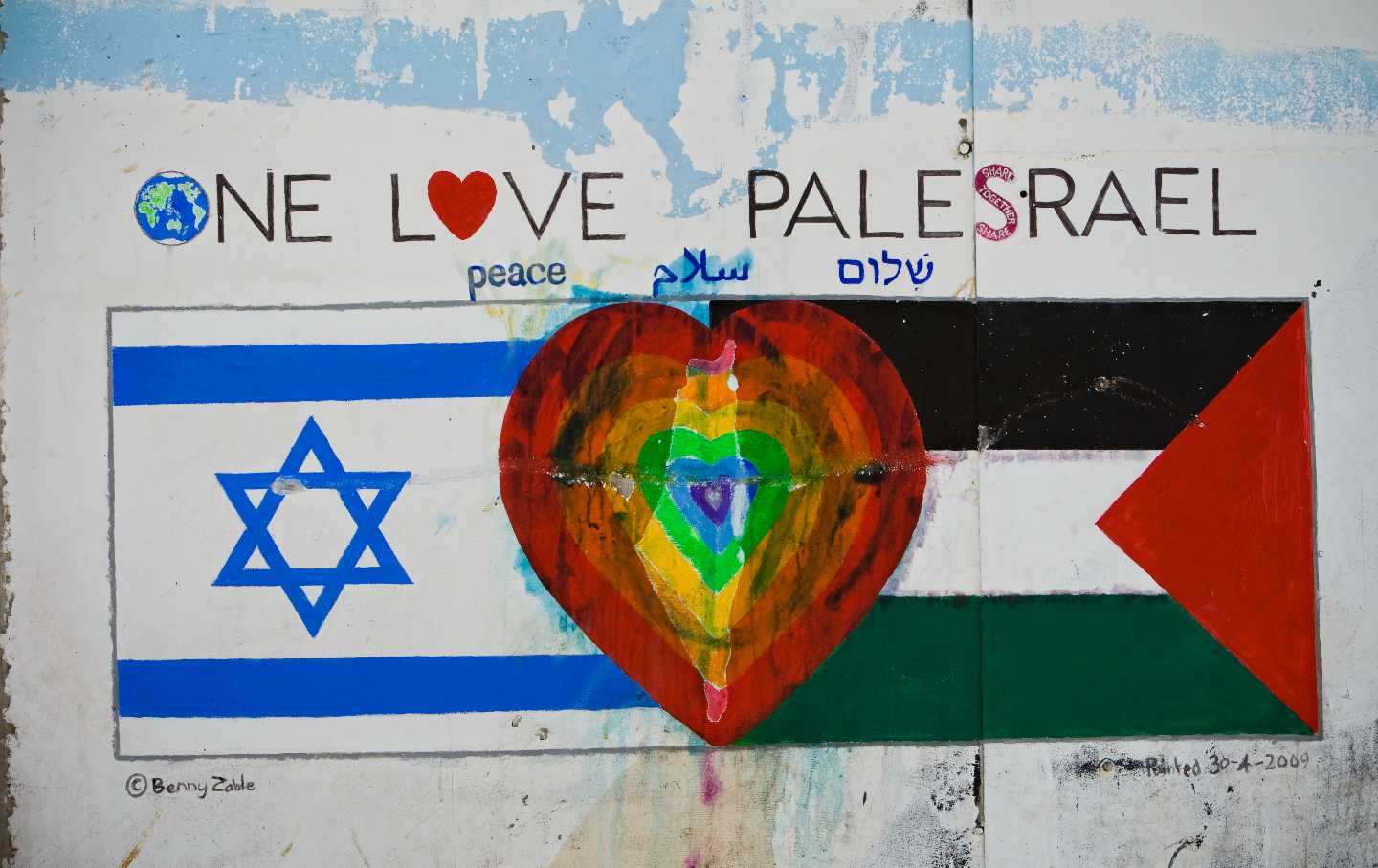
David Myers is Distinguished Professor and Kahn Professor of Jewish History at UCLA, where he serves as director of the Luskin Center for History and Policy and the Initiative to Study Hate. He’s written for the Los Angeles Times Op-Ed page, The Forward, and The Atlantic. This interview has been condensed and edited.
Jon Wiener: The Netanyahu government has no plan for what happens after its war in Gaza. We know we need a genuine political solution to what Edward Said called “the Question of Palestine.”
David Myers: The existing paradigms seem to be two states or one state, both of which have been widely discredited. This is a time when we have to push towards greater political imagination in thinking about what exists between two and one.
JW: What groups in Israel now are leading in that kind of thinking? Historically, Peace Now has been the big group in Israel—and the US—advocating for a Palestinian state. Tell us about the left-wing landscape right now.
DM: In the current environment, there are a couple of categories of groups that are doing essential work. The first category is groups that bring together Arabs and Jews, starting with the great organizing movement Standing Together. It’s a group of Palestinian Israelis and Israeli Jews, which is committed to grassroots organizing on behalf of the ideals of justice and equality for all. It has proven to be enormously effective in doing so, in fighting against violence against women, in calling for a cessation of hostilities between Jews and Arabs in mixed Israeli cities in May 2021. Even in the current environment where there’s such tension, Standing Together has been at the forefront of holding together the diverse communities of Israel.
JW: And after Standing Together?
DM: Then there is the Parents Circle, which brings together the relatives of victims of violence, both Palestinians and Jews. And Combatants for Peace. They bring together former fighters from the two sides who recognize the futility of continuing this current paradigm of cyclical violence. The stories told by these former combatants are extraordinarily compelling. That, together with Parents Circle, constitutes the world that was recreated so brilliantly by the Irish American author Colum McCann in his book Apeirogon, which I recommend to all.
JW: And who is doing significant work on longer-term issues?
DM: Mitvim is a think tank that imagines a different foreign policy for Israel, one that doesn’t ignore or disregard the Palestinian problem but places it at the center of its vision. And another really important group that I think has become even more significant in recent months is called A Land for All. It’s a group that engages in precisely the kind of political imagination we need—by calling for a confederation. It’s an organization that believes in the principle of two states with several modifications, like an open border which allows for Israeli citizens, overwhelming Jewish, to dwell in a State of Palestine, and Palestinian citizens of a State of Palestine to live in a State of Israel. There are lots of issues and details to still be figured out, but that’s the kind of imagination and new thinking that I think we need, in so far as it collapses the seeming dichotomy between an ideal of absolute separation, which many want and yet is impossible and is not particularly supportive of economic growth, and the principle of integration in the form of a single state of all citizens, which after October 7th seems to be a nonstarter for most Israelis. The beauty of A Land for All is it sort of collapses the distinction between separation and integration in a format that is known—two states—but modifies it significantly.
Whether we support that particular ideal or some modification thereof, we need to avoid what will be the death knell to the future, which is stasis, no change on the horizon.
JW: You’ve been a leader of the New Israel Fund. Where do they fit into this constellation?
DM: The New Israel Fund has been the financial supporter of almost all of the NGOs on the progressive side of the Israeli civil society landscape and is a supporter of many of the organizations that we’ve talked about here. NIF has been there, is there, and will continue to be there.

Here's where to find podcasts from The Nation. Political talk without the boring parts, featuring the writers, activists and artists who shape the news, from a progressive perspective.
Joe Biden has historic achievements as president, but polls show him to be the candidate least able to defeat Donald Trump in the 2024 election. Democrats need someone else to run and an open primary. Harold Meyerson is editor-at-large of The American Prospect, and he joins the show to make the case for Biden to not run again.
Also on this episode: What conditions are needed for an end to Israel’s occupation of the West Bank? David Myers – professor of Jewish history at UCLA and contributor to the LA Times, the Forward, and the Atlantic – is on the podcast to comment on what it would take to get to Palestinian self-determination.
Advertising Inquiries: https://redcircle.com/brands
Privacy & Opt-Out: https://redcircle.com/privacy
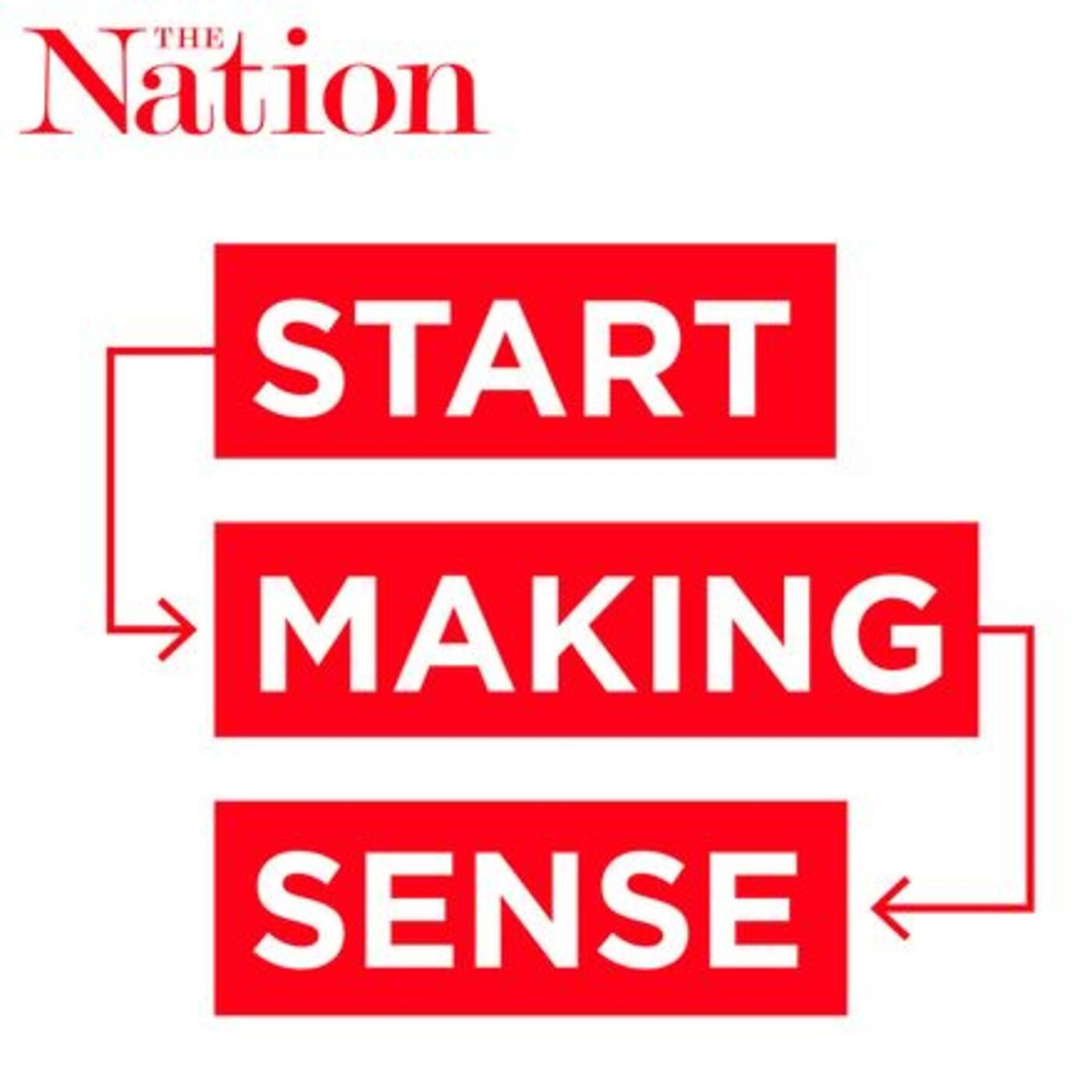
Your support makes stories like this possible
From Minneapolis to Venezuela, from Gaza to Washington, DC, this is a time of staggering chaos, cruelty, and violence.
Unlike other publications that parrot the views of authoritarians, billionaires, and corporations, The Nation publishes stories that hold the powerful to account and center the communities too often denied a voice in the national media—stories like the one you’ve just read.
Each day, our journalism cuts through lies and distortions, contextualizes the developments reshaping politics around the globe, and advances progressive ideas that oxygenate our movements and instigate change in the halls of power.
This independent journalism is only possible with the support of our readers. If you want to see more urgent coverage like this, please donate to The Nation today.

